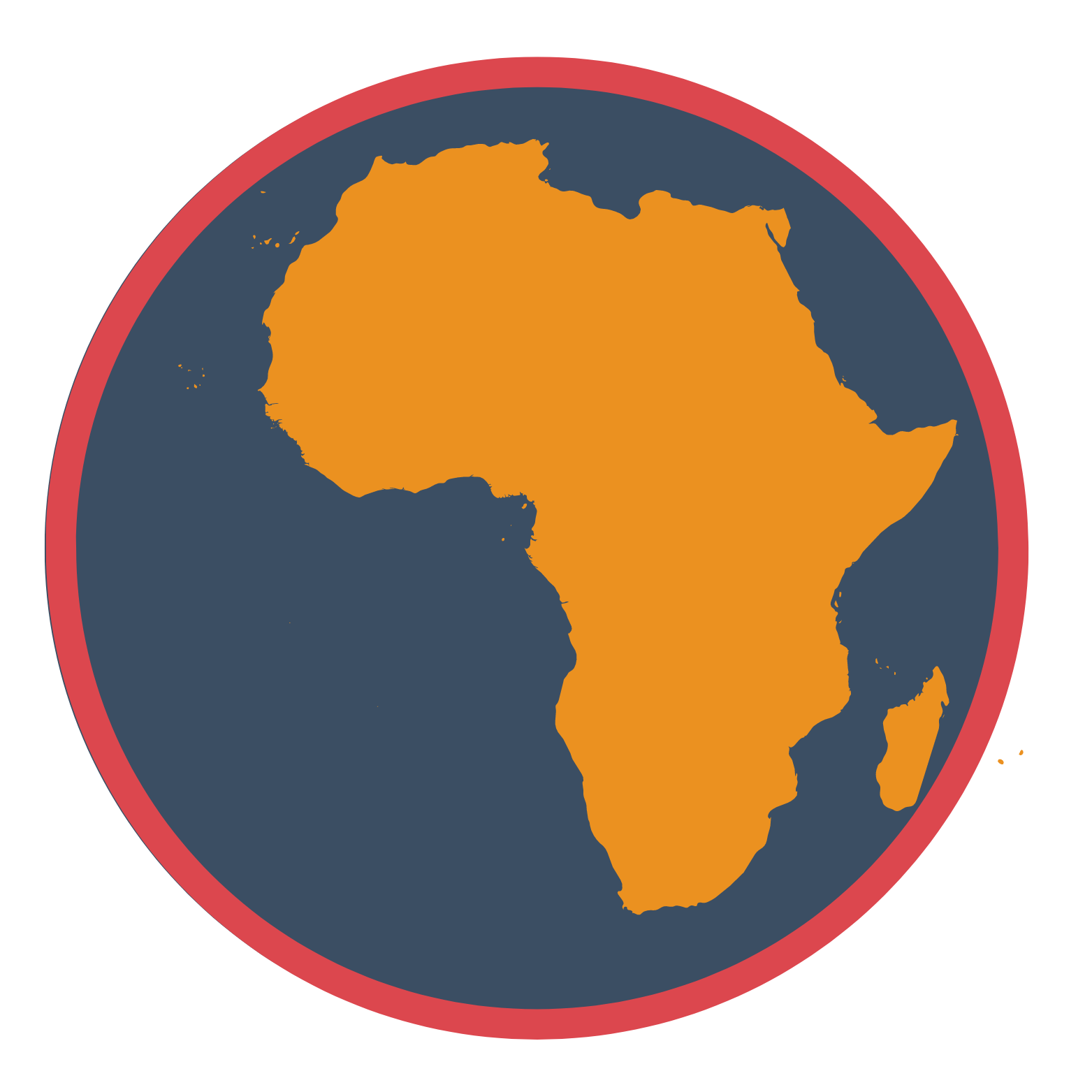Strengthening Constitutionalism and Accountability Mechanisms in Africa: A Pathway to Sustainable Development and Governance

This policy advocacy document addresses the pressing challenges of weak constitutionalism and accountability mechanisms across African nations. It underscores the critical need for robust frameworks to ensure sustainable development, good governance, and the protection of human rights. By highlighting the importance of these issues and offering evidence-based recommendations, this document aims to guide policymakers, civil society, international partners, and other stakeholders in implementing effective reforms to strengthen governance across the continent.
The foundation of any democracy lies in its commitment to constitutionalism and accountability. These principles ensure that power is not only separated and limited but also exercised in a manner that is transparent, responsible, and responsive to the needs of the people. In Africa, the journey towards achieving these ideals has been fraught with challenges, including political instability, corruption, and the erosion of democratic institutions. However, there have also been notable successes that offer hope and a path forward. This document seeks to explore these complex issues, offering a comprehensive analysis and actionable recommendations for strengthening constitutionalism and accountability mechanisms across Africa.
The landscape of constitutionalism and accountability across Africa presents a complex tapestry of progress and enduring challenges. On one end of the spectrum, countries like Ghana, Kenya, and South Africa stand as beacons of hope, showcasing the substantial impact of constitutional reforms and the establishment of rigorous accountability mechanisms. These nations exemplify the transformative potential inherent in steadfast governance reforms, vibrant civil society participation, and the bolstering influence of international support. Their journeys reflect a deep-seated commitment to not just enacting but also upholding democratic principles and frameworks, thereby fostering an environment where democracy can flourish and adapt over time.
The successes in these countries illuminate the path forward, underscoring the critical importance of constitutional integrity and the mechanisms that ensure accountability. They highlight how robust frameworks can lead to improved governance, greater political stability, and enhanced respect for human rights and the rule of law. These stories of progress emphasize the necessity of inclusive political processes, transparent decision-making, and active civic engagement in safeguarding the pillars of democracy.
However, juxtaposed against these narratives of achievement are the realities faced by many other African nations still ensnared in the legacy of authoritarian rule and governance maladies. Despite the continent's overall strides towards democratic governance, a significant number of countries grapple with challenges that severely undermine the principles of constitutionalism and accountability. Issues such as the manipulation of constitutional amendments to unduly extend political tenures, the unhealthy concentration of power within the executive branch, the weakening of judicial independence, rampant corruption, and the systematic marginalization of vulnerable and minority groups persist. These problems not only corrode the democratic fabric of the nations but also hinder sustainable development, diminish public trust in governmental institutions, and sow seeds of social and political discord.
The manipulation of constitutional amendments for political gain, in particular, poses a formidable threat to the integrity of democratic systems. Such actions, often carried out under the guise of legal reform, serve to entrench power among a select few, eroding checks and balances and opening the door to authoritarian practices. Similarly, the concentration of power in the executive branch can lead to governance decisions that lack transparency and accountability, further distancing the government's actions from the scrutiny and influence of its citizens.
Weak judicial systems and pervasive corruption exacerbate these challenges, undermining the rule of law and citizens' faith in the justice system as a fair arbitrator of disputes and a guardian of rights. Moreover, the marginalization of vulnerable groups not only violates fundamental human rights but also deprives societies of the diverse perspectives and contributions necessary for holistic and sustainable development.
Addressing these multifaceted challenges requires a concerted effort from all sectors of society. It calls for a renewed commitment to governance reforms that are inclusive, transparent, and accountable. Strengthening constitutional frameworks and accountability mechanisms must go hand in hand with fostering a culture of civic engagement and supporting the role of civil society in governance processes. International partners play a crucial role in supporting these efforts, offering both the resources and the external pressure needed to encourage meaningful reforms.
In conclusion, while the landscape of constitutionalism and accountability in Africa is marked by diversity and contradiction, the path towards more democratic and accountable governance is clear. Learning from the successes of nations like Ghana, Kenya, and South Africa, African countries must embrace the challenges of reform with determination, guided by the principles of inclusivity, transparency, and the rule of law. Only through such committed efforts can the continent move towards a future where all nations enjoy the full benefits of true constitutionalism and accountability.
Policy Recommendations
Strengthening Constitutional Frameworks
Development of Robust Constitutions:
Encourage the drafting and adoption of constitutions through inclusive, participatory processes that reflect the will and needs of the populace. Constitutions should enshrine the separation of powers, checks and balances, and fundamental human rights.
Preventing Constitutional Manipulation:
Advocate for clear, stringent amendment processes that prevent the manipulation of constitutions for political gain. This includes setting high thresholds for amendments and ensuring broad public participation in the process.
Enhancing Accountability Mechanisms
Establishment of Independent Oversight Bodies:
Support the creation and strengthening of independent institutions such as anti-corruption commissions, ombudsman offices, and audit institutions.
These bodies should have the authority, resources, and independence to effectively monitor government actions and hold officials accountable.
Transparent Public Procurement and Financial Management:
Promote the adoption of transparent, accountable systems for public procurement and financial management. This includes the implementation of open contracting standards and the publication of budget and expenditure information.
Inclusive Governance
Ensuring Participation of Marginalized Groups:
Advocate for governance structures and electoral systems that ensure the full and effective participation of historically marginalized groups, including women, youth, and ethnic minorities. This includes measures such as quotas, affirmative action, and inclusive policy-making processes.
Cultivating Transformative Leadership:
Support initiatives that cultivate leadership skills among youth and women, focusing on principles of good governance, ethical leadership, and public service.
Regional Cooperation and Support
Enhancing Regional Frameworks:
Encourage African nations to strengthen regional frameworks and institutions that promote democratic governance, human rights, and the rule of law. This includes the African Union's African Governance Architecture and the African Peer Review Mechanism.
International Partnerships:
Call for increased support from international partners in building governance capacities, sharing best practices, and providing technical and financial assistance for governance reforms.
Implementation Strategies:
Stakeholder Engagement:
Emphasize the importance of engaging a broad range of stakeholders, including government officials, civil society organizations, the private sector, and international partners, in the reform process. This engagement should be inclusive, transparent, and aimed at building consensus around governance reforms.
Capacity Building:
Highlight the need for capacity-building efforts that strengthen the institutional and human resource capacities of governance institutions. This includes training for public officials, support for civil society organizations, and the development of educational programs on constitutionalism and accountability.
Use of Technology:
Advocate for the adoption of technology to enhance transparency, accountability, and public participation. This includes e-governance initiatives, online platforms for public consultation, and digital tools for monitoring government performance.
Role of Civil Society and Media:
Stress the critical role of civil society organizations and the media in monitoring governance reforms, raising public awareness, and holding governments accountable. Support efforts to protect the independence and freedom of the press and civil society actors.
The path to strengthening constitutionalism and accountability mechanisms in Africa is complex and challenging. However, the potential benefits for democracy, development, and stability are immense. This document calls on African countries and their partners to commit to the reforms outlined herein, recognizing the pivotal role of strong constitutionalism and accountability mechanisms in achieving sustainable development and good governance.
Call to Action:
We urge all stakeholders to take decisive action in support of these recommendations, working collaboratively to build a future where constitutionalism and accountability are the cornerstones of governance in Africa. Together, we can create a continent characterized by democratic governance, respect for human rights, and inclusive development. This expanded draft provides a more detailed exploration of the issues, recommendations, and strategies for strengthening constitutionalism and accountability mechanisms in Africa. It aims to serve as a comprehensive guide for policymakers, civil society, and international partners in their efforts to promote good governance and sustainable development across the continent.


